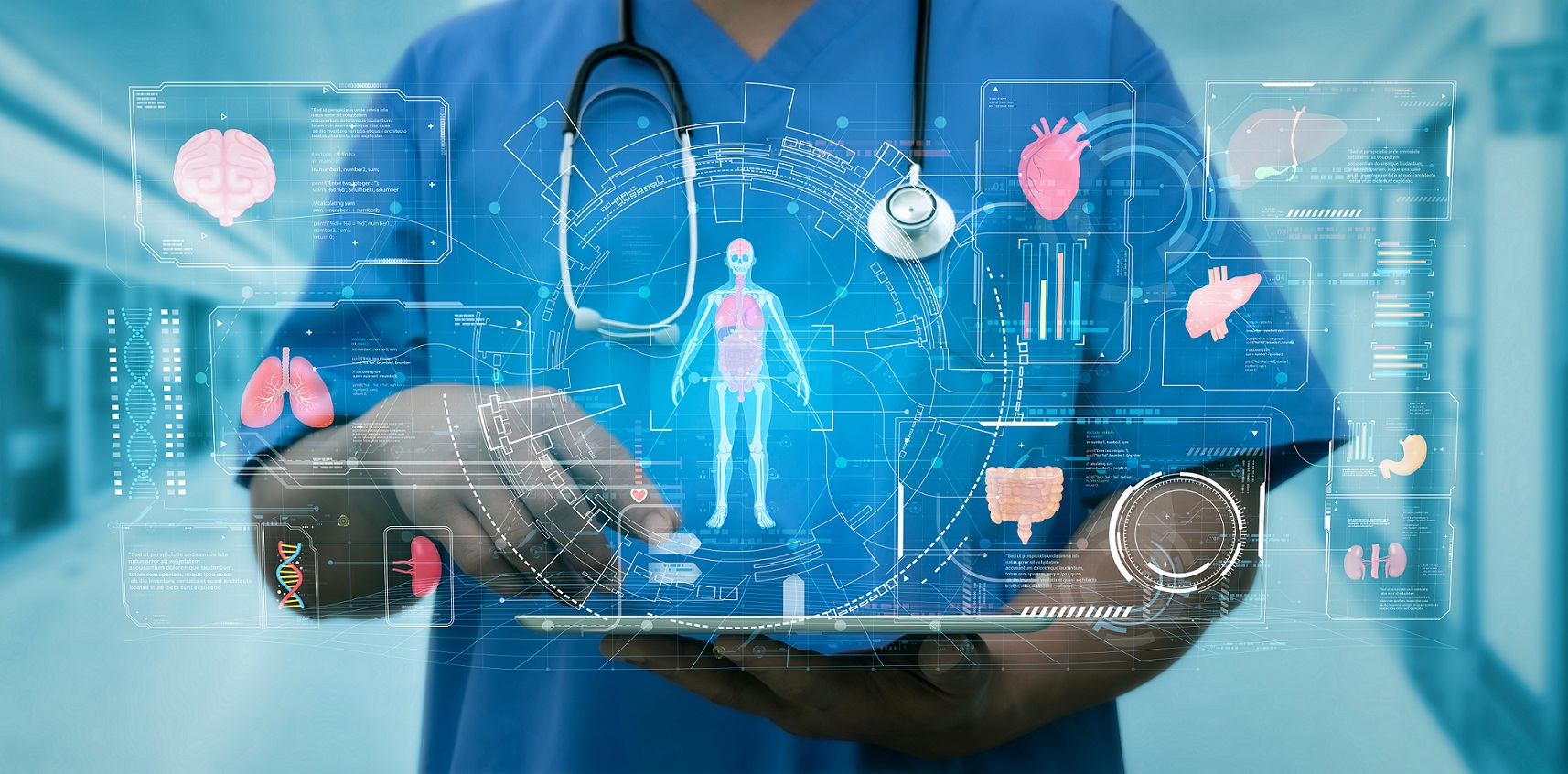Reactions: blood test can measure organ age
A study of more than 5,000 patients has developed a method to predict the biological age of our organs. They have analysed more than 4,000 proteins present in the blood and used machine learning models adapted to 11 different organs. According to the authors, almost 20 % of the population has accelerated organ ageing, which in many cases is associated with an increased risk of mortality of between 20 and 50 %. The results are published in the journal Nature.

Manuel Collado - edad órganos EN
Manuel Collado
CNB-CSIC Scientific Researcher at the CiMUS of the University of Santiago de Compostela, IDIS. Laboratory of Cell Senescence, Cancer and Aging
We know that ageing is the most important risk factor for diseases (and accidents). We also know that we do not all age at the same rate, and we have an intuition that not all our organs age at the same rate. The key is biological ageing, the deterioration in organ function, and not chronological ageing, which is the date on our identity card. How to establish biological age has been the subject of intense research in recent years. The best current predictor of biological age is epigenetic modifications of DNA, but this requires obtaining a tissue sample from which to extract our genetic material, and that is impossible for every organ.
The group led by Tony Wyss-Coray has turned its attention to blood. There, in blood, scientists are able to identify a multitude of proteins and, for some of them, to infer the organ of origin. By analysing the abundance of these groups of proteins associated with each organ over the course of ageing with a large cohort of individuals, the researchers were able to establish the dynamics of the appearance of these proteins with age and, using machine learning, create a predictor of biological age based on the presence of these proteins in blood. Given a blood sample, quantifying the abundance of these proteins allows us to establish biological age. As these groups of proteins are identified by organ of origin, the estimated biological age corresponds to that of the organ of origin.
With this biological clock, scientists were confronted with blood samples obtained independently 15 years ago. When they quantified the proteins present in the blood of healthy individuals over the age of 50, they established that one in five showed more accelerated ageing than expected in at least one organ. By following the medical history of each individual, they were able to see that identifying faster ageing of a particular organ correlated with the development of disease in that organ. Neuronal, renal or cardiac ageing correlated with an increase in the development of neurodegeneration, kidney disease, hypertension and diabetes, or atrial fibrillation or heart attacks, respectively.
The opportunity that this type of research opens up for us is to establish precisely the rate of ageing of each organ and, therefore, its deterioration. With this, we could guide a precision preventive medicine that would prescribe specific care and follow-up for each person based on the observation of the biological age of each organ.
We do not yet know the possible causal implication of the identification of these proteins in blood. It is possible that they simply act as biomarkers, reflecting a functional state of the organ, but it is also possible that their levels could be involved in the development of pathologies. The latter possibility, if determined, could offer us new therapeutic perspectives directed at these proteins as a target for tackling disease. Although the number of proteins detected and the number of samples of individuals used is high, the reproducibility of these data and their extension to a larger number of samples remains to be determined. It also remains to be seen whether the data obtained can be extrapolated to all human populations or whether there are, as expected, particularities related to human variability.
In any discovery that involves increasing our knowledge of disease susceptibility, it is important to consider how the uncertainty that may arise from this knowledge will be handled by the potential future patient. Similarly, it is useful to be clear about the benefit of knowing an increased risk of disease and its limitations, especially in pathologies for which there is no clear effective treatment. Knowing that your risk of suffering a disease associated with the deterioration of an organ can, at least, allow us to consider more focused preventive measures. The existence of a possible future test to determine the biological age of each of our organs should help us to increase preventive health measures and perhaps this will allow us to take care of our health more effectively, making our ageing healthier.
Inés Moreno - edad órganos EN
Inés Moreno
Full professor at the University of Málaga
The population is ageing. Life expectancy is increasing thanks to improved health and technological developments that promote a higher quality of life, but the reason why we are getting older is still unclear. It is true that our body's ability to maintain, renew itself and continue to function properly declines with age. However, some people age faster than others, possibly due to genetics, habits and environmental conditions to which we are exposed. For any of these reasons, we do not currently have a tool that allows us to know how we are going to age or which part of our body is more aged and could be the trigger for dying with age, without an apparent specific cause related to any pathology.
In this respect, the paper published in the journal Nature by the internationally renowned Tony Wyss-Coray of Stanford University sheds light on the mechanism of ageing and how one could predict which organs in our body are ageing. This could lead to the development of specific diseases, thus providing a way to anticipate the onset and development of diseases associated with ageing. In their study, they analyse proteins present in the blood of thousands of individuals to determine which organ or organs are most aged, since, they say, accelerated ageing of a single organ could lead to an increase of up to 50% in the risk of mortality. The study indicates that rapid ageing of the heart would increase the risk of heart disease and neurodegenerative diseases, such as Alzheimer's disease, which reflect the leading causes of death in the world's population today.
Wyss-Coray's studies have always been linked to the study of blood factors that could provide some information about ageing and related diseases, such as Alzheimer's disease. His most important studies have focused on the search for markers in the blood that determine the ageing of the organism and the existence of rejuvenating or age-inducing molecules. Their recent study is fascinating, as it could provide insight into the overall health status of an individual by analysing a blood sample and anticipate the development of certain potentially lethal age-related diseases. However, this is only a first step and the possibility of making this analysis available to all is still far on the horizon.
Se-Hwee Oh et al.
- Research article
- Peer reviewed



